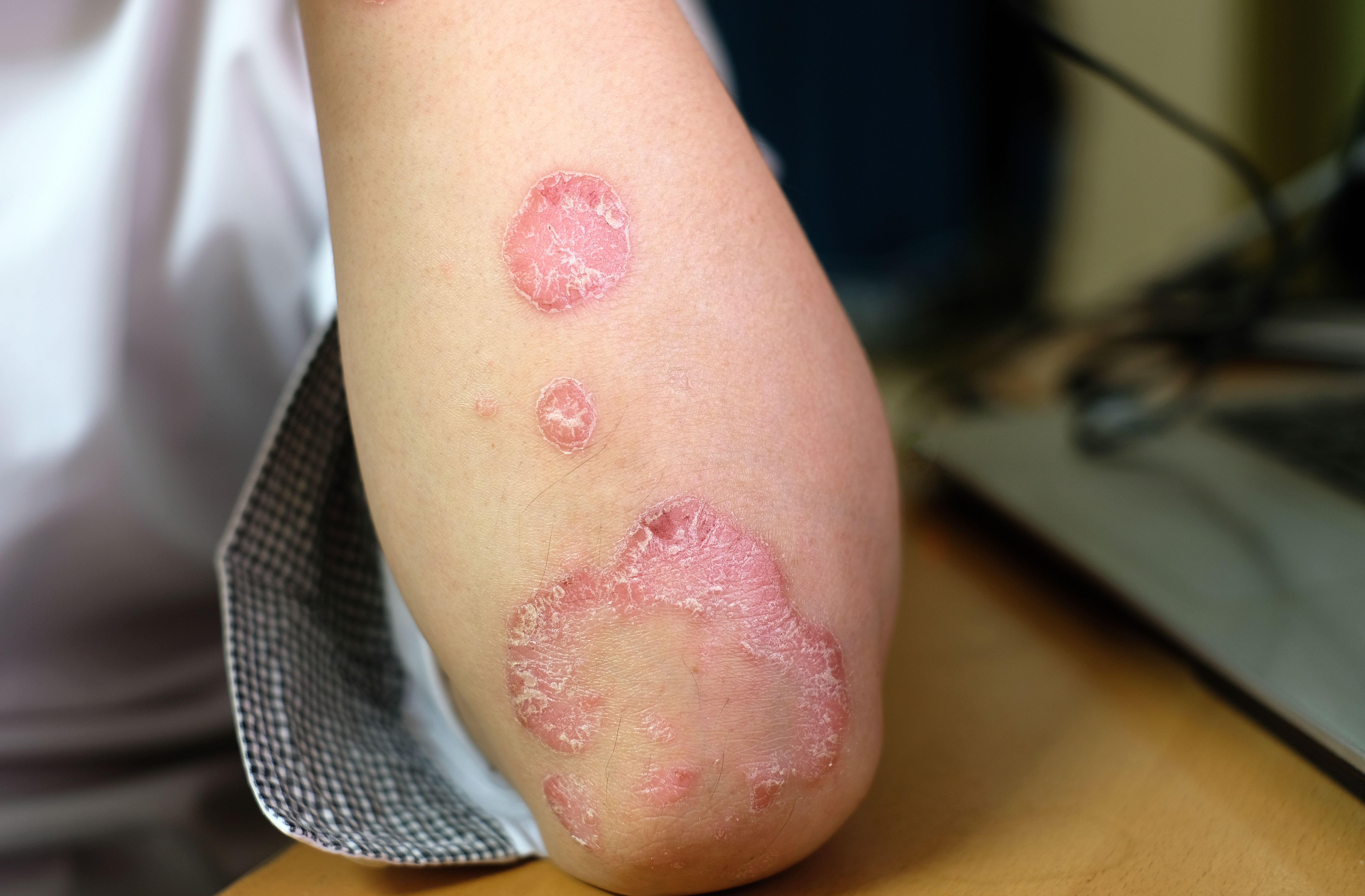- Acne
- Actinic Keratosis
- Aesthetics
- Alopecia
- Atopic Dermatitis
- Buy-and-Bill
- COVID-19
- Case-Based Roundtable
- Chronic Hand Eczema
- Chronic Spontaneous Urticaria
- Drug Watch
- Eczema
- General Dermatology
- Hidradenitis Suppurativa
- Melasma
- NP and PA
- Pediatric Dermatology
- Pigmentary Disorders
- Practice Management
- Precision Medicine and Biologics
- Prurigo Nodularis
- Psoriasis
- Psoriatic Arthritis
- Rare Disease
- Rosacea
- Skin Cancer
- Vitiligo
- Wound Care
Article
Survey Shows Building Rapport With Patients May Result in Better Treatment Outcomes
Author(s):
The National Psoriasis Foundation found that patients were frustrated by a lack of treatment options.
To understand why individuals with plaque psoriasis choose not to get treatment, the National Psoriasis Foundation conducted an online survey and reported the results in a poster “Barriers to Accessing Treatment for Plaque Psoriasis: A National Psoriasis Foundation Survey” at the Maui Derm NP+PA Summer Conference, June 21-24, 2023, in Colorado Springs, Colorado.1
While a number of treatment options are available for managing plaque psoriasis, some patients choose not to receive treatment. In the 32-question survey, respondents were asked questions related to demographics, treatment history, access to healthcare, and reasons for not seeking or for discontinuing treatment. Respondents reported having tried approximately 2-3 types each of oral, topical, and biologic psoriasis therapies.
Among the 1002 respondents, most (97.5%) reported having access to a dermatology health care provider (HCP) but were frustrated by the lack of new treatment options (78.2%) and the feeling that their HCP did not understand them or their priorities (48.8%).
Other barriers to care included long wait times for an HCP appointment (68.2%), misdiagnosis (32.6%), and transportation issues (33.0%). Also mentioned were the inconvenience of in-office treatment (e.g. phototherapy; 74.2%), concerns about safety or side effects (53.2%), and a lack of acceptable treatment options (53.0%).
Respondents considered topical treatments to be safer than oral or biologic treatments. The survey also found that participants disliked sticky or messy topicals that get on clothes or sheets (42.6%) while 20.2% of respondents disliked topicals that require multiple daily applications.
Patient expectations of treatment were mostly modest. Almost half of respondents (49.1%) considered treatment to be a success if they saw at least a 50% improvement of their plaque psoriasis. Absence of bothersome symptoms (itching and flaking) and no effect of psoriasis on personal relationships or interactions with other people were considered as key outcomes indicating control over their psoriasis.
Survey results suggest that by taking time to build rapport and educate patients on available therapies, dermatology providers may increase the likelihood of patients continuing treatment, possibly leading to physical and psychological benefits.
Reference
- Armstrong A, Bhutani T, DiRuggiero D, et al. Barriers to accessing treatment for plaque psoriasis: A National Psoriasis Foundation Survey. Poster presented at: Maui Derm NP+PA Summer, June 21-24, 2023, Colorado Springs, Colorado.
Newsletter
Like what you’re reading? Subscribe to Dermatology Times for weekly updates on therapies, innovations, and real-world practice tips.















